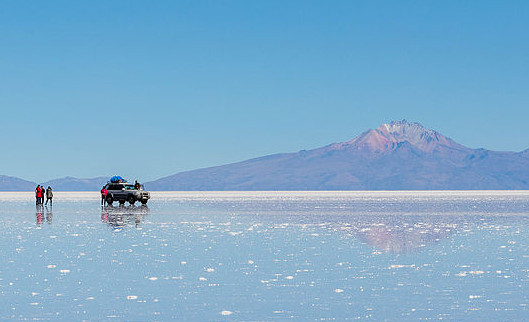SAO PAOLO – Despite a weak increase in sales of 1.2%, retail trade in Latin America’s largest economy suffered its biggest pullback since 2016 — when the country was in the midst of the worst recession in memory — according to data from the National Confederation of Trade in Goods, Services and Tourism of Brazil. The figure reflects the net loss taking into account new store openings and new jobs versus closings and job losses.
Dividing the past year in two, however, the report noted a trend showing that losses in the first 6 months were of 62k stores and that the second half lost only 13k stores, fueling speculation that a recovery is under way, awaiting the figures for the first half of 2021.
By Milan Sime Martinic
